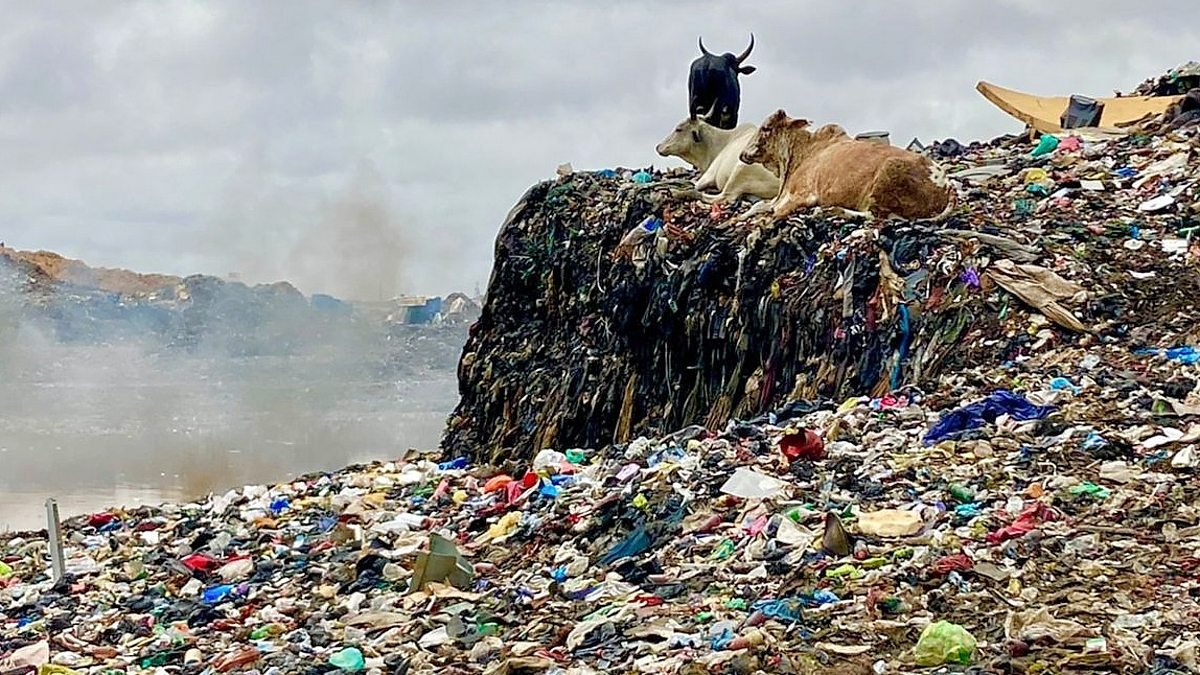The EU is mandating changes to reduce fashion’s impacts: here’s what you need to know
The European Union has passed a set of measures to reduce fashion’s impact on people, our fellow animals and the planet.
The Circular Economy Action Plan proposes new regulations on the fashion industry including a ban on green-washing, garment destruction, deforestation, and other harmful practices in order to overhaul the industry as part of the European Green Deal.
Here’s what you need to know about these and other new EU regulations, how they move us towards a total ethics fashion system, and what we still need to do to make that a reality.
Image via BBC
A ban on destroyed clothing
The destruction of unsold merchandise is considered one of the fashion industry's best-kept secrets. Shockingly, up to 30% of inventory across the apparel industry is never sold, and oftentimes these garments end up in landfills or are burned to prevent them from being sold at a discount.
For example, Burberry burned £28.6 million worth of inventory in 2018 and the parent company of Cartier, Richemont, burned up to £400 million worth of unsold watches in a misguided effort to protect their brand name.
When companies burn their unsold clothing, not only are resources and labour wasted, but harmful gases and microfibres get released into the atmosphere and nearby ecosystems, contributing to climate change and habitat destruction.
Nearly half of the discarded clothes from wealthy nations that flow through Ghana end up as waste, and the Atacama desert in Chile has been turned into a dump of unwanted garments. The dumping of textile waste into countries in the Global South is an example of waste colonialism and environmental racism and must be addressed by policymakers all over the world.
The EU’s ban on waste incineration is a step in the right direction, helping to reduce greenhouse gas emissions from burnt textiles while targeting the problem of overproduction. However, citizens must still play their part by consuming better and consume less, while brands should produce messaging to support this more responsible form of consumption.
Image via Fashion Revolution
A ban on green-washing
In September of 2023, the EU Parliament passed new regulatory measures to combat green-washing, which is the deceptive advertising practice of claiming a product is sustainable or environmentally friendly without evidence to support it.
The big brother to green-washing is ethics-washing, which is another deceptive form of advertising that falsely positions companies as thoughtful, kind, and conscious of the workers and animals in their supply chains.
Up until now, there has been no legal framework regarding what proof companies have to show to market themselves as sustainable and ethical. While legislation on ethics-washing is forthcoming, the new ban on green-washing will prevent companies from using generic environmental language like “eco,” “natural,” and “biodegradable” without proof, making uncertified sustainability claims and product durability claims, and pressuring consumers to replace their products earlier than necessary.
While this effort to ban green-washing does not directly legislate fewer greenhouse gas emissions or more sustainable production practices, it holds companies accountable and prevents the peddling of false solutions to the climate crisis that in turn prevent real work from being done. We will be watching companies to make sure they comply with this legislation, and we will continue to fight against green and ethics washing.
Proposed bans on fur farming and fur sales
While a number of nations have banned fur farming, such a ban does not exist at an EU level, but the Free Fur Europe initiative hopes to change that. Currently, nearly 8 million animals live in shocking conditions across fur factory farms across Europe, until they are slaughtered for the sake of fashion. The ethical and environmental impacts of this industry are severe, requiring it to be left in the past.
The Fur Free Europe campaign, which we are proud to have supported, has now submitted its citizen initiative to end the breeding and killing of animals for their fur, as well as the sale of fur within the EU. With one million signatures required for such an initiative to be considered, 1.7 million signatures have been collected.
In response, the EU Commission has promised to assess the ban in 2026 as part of other legislative reviewing, as suggested by the European Food Safety Authority. We remain committed to doing all we can to support this ban.
A ban on deforestation
The EU is now requiring European-based companies' imports and exports to be “deforestation-free.” Under this regulation, companies must be able to prove that their products do not come from recently deforested land or have contributed in some way to deforestation. As of June of 2023, traders will have 18 months to make this transition.
While a ban on deforestation sounds great and is critical, the implementation of the ban will be difficult and the EU Commission’s language is quite vague. The most significant problem with this regulation is that “deforestation” is defined quite specifically, only relating to forests in Brazil. That means that leather tied to deforestation in the major hide production country of Australia, for example, could still be imported and sold by fashion brands.
Additionally, verification by a third party about a product’s declaration is recommended but not required, and it remains to be seen how well the EU’s task forces can properly regulate products on the market. The deforestation ban is also only associated with leather, beef, cocoa, coffee, palm oil, soy, wood, and rubber. The fashion industry’s deforestation-linked use of wool and viscose will not be addressed by this regulation.
Citizen consumers and brands alike need to be aware that this regulation does not ensure included products are certainly deforestation-free. EU policymakers now need to consider deforestation legislation that is specifically targeted to the fashion industry.
New and improved “due diligence”
An often-forgotten aspect of the fashion industry is the human hands that make the clothes that we wear. It is estimated that only 2% of garment workers in the world are paid a livable wage, and other workers in the harvesting, shearing, and tanning industries are systemically underpaid for their dangerous and grueling work.
In light of this, the EU has proposed an expansion of corporate sustainability due diligence laws (CS3D) to hold companies accountable for their harmful labour and environmental practices.
The commission would require EU companies with over 500 employees to conduct internal reports on environmental damage and human rights abuses, and then develop action plans to ameliorate them. The EU will also offer companies resources to make the transition to better practices easier. Eventually, all EU companies will need to ensure their supply chains are in accordance with the Paris Agreement to mitigate climate change.
CS3D is a vital part of Europe’s attempt to hold companies accountable. However, there is fear that this portion of the sustainability package could fail, as both Germany and Finland are refusing to vote. This would be a step backward in the effort for governmental policy to prioritize the health of our planet and the living beings on it rather than corporate profits. Even if CS3D fails, we will continue to work towards greater governmental oversight of supply chains.
What’s next, and why policies like these are so important
These regulations are major steps forward in the fight against fashion-driven injustice and destruction.
We are pleased that the EU has passed some legislation to mitigate harmful practices, while also setting an example for nations that must do the same, and go further.
Policy is a vital part of improving the fashion industry, especially as companies are reluctant to sacrifice profits for wellbeing, ethics, and sustainability. As long as the ethos of the industry remains focused on production and profit margins with disregard for their cost on nature and us all living as part of it, it will be up to our legislators to do what is right.
In the meantime, there is a lot more work to be done, more policies to produce, and we will keep pushing for a total ethics fashion future.
Additional references
“Learn What the EU Does on Sustainable Fashion and RESet the Trend.” Environment, https://environment.ec.europa.eu/topics/circular-economy/reset-trend/how-eu-making-fashion-sustainable_en
Srauturier. “Why Do Some Fashion Burn Unsold Clothes?- Good on You.” Good on You, 21 Apr. 2022, https://goodonyou.eco/fashion-brands-burn-unsold-clothes
“Mass Consumerism — Collective Fashion Justice.” Collective Fashion Justice, https://www.collectivefashionjustice.org/mass-consumerism
“Overcoming Green-washing and Misinformation in Fashion — Collective Fashion Justice.” Collective Fashion Justice, 26 May 2022, https://www.collectivefashionjustice.org/articles/green-washing-and-misinformation-in-fashion
Robinson, Deena. “10 Companies Called Out for Greenwashing | Earth.Org.” Earth.Org, 18 Nov. 2022, https://earth.org/greenwashing-companies-corporations
Hakansson, Emma. “How to Spot Ethics-washing — Collective Fashion Justice.” Collective Fashion Justice, 21 June 2022, https://www.collectivefashionjustice.org/articles/how-to-spot-ethics-washing
EU to Ban Greenwashing and Improve Consumer Information on Product Durability | News | European Parliament, https://www.europarl.europa.eu/news/en/press-room/20230918IPR05412/eu-to-ban-greenwashing-and-improve-consumer-information-on-product-durability
“The European Union’s Deforestation Regulation - a Breakdown From Leather UK - Leather UK.” Leather UK, https://leatheruk.org/trade_news/the-european-unions-deforestation-regulation-a-breakdown-from-leather-uk
“Q&a European Citizens’ Initiative ‘Fur Free Europe.’” European Commission - European Commission, 7 Dec. 2023, https://ec.europa.eu/commission/presscorner/detail/en/qanda_23_6254
“Fur — Collective Fashion Justice.” Collective Fashion Justice, https://www.collectivefashionjustice.org/fur
“Regulation on Deforestation-free Products.” Environment, environment.ec.europa.eu/topics/forests/deforestation/regulation-deforestation-free-products_en
“EU Deforestation Regulation Deep Dive: What You Need to Know.” DNV, https://www.dnv.com/article/eu-deforestation-regulation-deep-dive-what-you-need-to-know-246069
McGowan, Jon. “Fate of EU Corporate Sustainability Due Diligence Law Worsens as Finland
Pulls Support.” Forbes, 7 Feb. 2024, https://www.forbes.com/sites/jonmcgowan/2024/02/07/fate-of-eu-corporate-sustainability-due-diligence-law-worsens-as-finland-pulls-support/?sh=58315190431d







